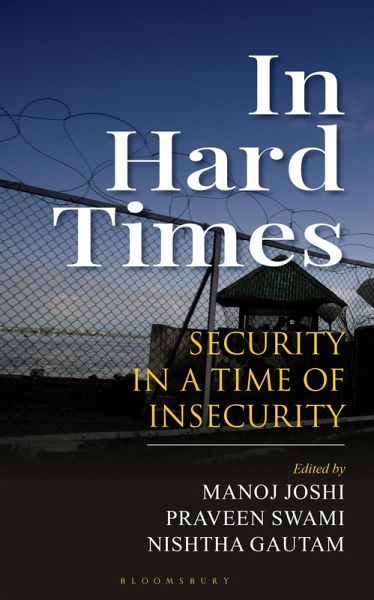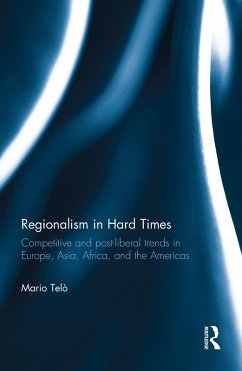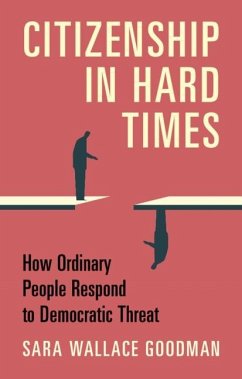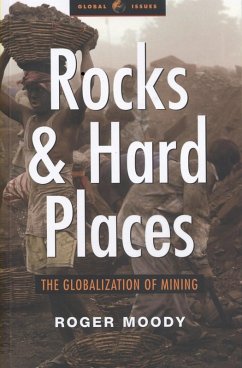
In Hard Times (eBook, ePUB)
Security in a Time of Insecurity

PAYBACK Punkte
3 °P sammeln!
Since the mid-1990s, Indian thinking on national security has been based on the assumption that the country would progress on a growth trajectory sufficient to modernise its defence capacities and thereby enable some form of parity with a rising China. The reality has been otherwise. China's spectacular growth - and accompanying military modernisation - has hugely outpaced that of India while the Indian military modernisation has moved fitfully. In the past several years, budgets have committed less than 2 per cent of GDP -the lowest levels since the war of 1962 - for the military. Even if spe...
Since the mid-1990s, Indian thinking on national security has been based on the assumption that the country would progress on a growth trajectory sufficient to modernise its defence capacities and thereby enable some form of parity with a rising China. The reality has been otherwise. China's spectacular growth - and accompanying military modernisation - has hugely outpaced that of India while the Indian military modernisation has moved fitfully. In the past several years, budgets have committed less than 2 per cent of GDP -the lowest levels since the war of 1962 - for the military. Even if spending were to rise to 3 per cent, little funding would be available for modernisation after allowing for rising pensions, salaries and other components of the budget. Put simply, the authors state, India needs a national security strategy for hard times. It would be a strategy grounded in reality - India's priority has to be the raising of vast numbers of its people out of abject poverty, even if the strategies of countries like China and the United States, economically more developed, can aim at being global powers. In Hard Times is an important collection that highlights the major challenges India confronts and the ways they can be tackled, especially in the light of the upheavals caused by the COVID-19 pandemic. Its contributors include former military officers, including Admiral Arun Prakash and Lt Gen. D.S. Hooda, whose views have helped shape discussions on strategy, as well as commentators such as Dr Sanjaya Baru. Experience tells us that in war it's often the smarter side that wins, not the stronger one. These essays point us in that direction.













